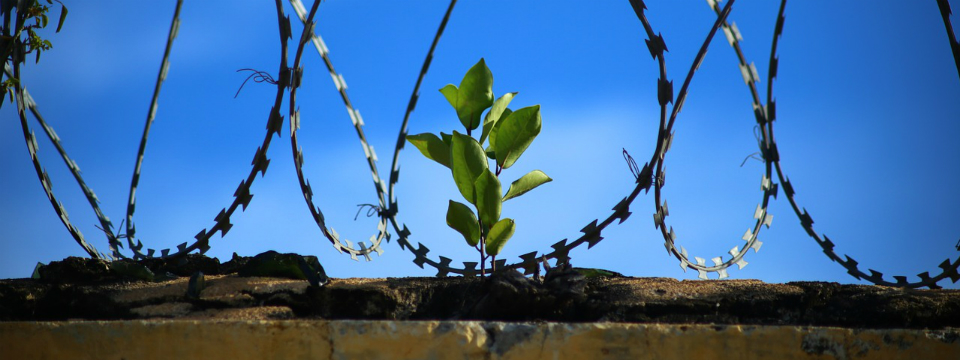NPR: Thoughts on mentoring needs from youths in the juvenile justice system
In Chicago, where the number of shootings last year soared, it’s often young people who become both perpetrators and victims.
The Cook County Juvenile Justice Center holds about 200 to 300 young residents awaiting trial at the Temporary Detention Center. Among these residents are Leonard and Nigel, both 17 years old.
The two, along with several other detainees, were part of a summit in the Chicago area where participants shared strategies about how to decrease violence.
Last year in Chicago, there was a huge jump in the number of murders and injuries by gunshot; more than 760 murders and more than 4,000 people injured by gunshot were recorded.
Leonard said the violence isn’t always about gangs fighting over drugs or turf.
“Some people do it just to make a name for [themselves] to try to get some fame or something,” Leonard said. “Some people do it because they actually lost people… or they are forced into it.”
Nigel said while revenge is often a motive behind some of the violence, peer pressure can also be a factor.
“I get mad at the fact that there’s a lot of kids out here that are so incredibly smart and they look at the other person with all the money and girls that don’t go to school and want to be just like ’em when you could be way more than that,” he said.
Leonard and Nigel said they’ve learned at the detention center how to resolve differences or difficulties they may have in the street.
Through counseling and other programs, he said he was able to find himself at the center when he couldn’t in his neighborhood.
“What prevents that is you don’t got nobody trying to show you,” he said. “You never had anybody to tell you. Its people in here that actually care about us, and they tell us and teach us about how we can do better and there’s more to life. Most people out there, all they know is the corner, all they know is the block.”
There’s often a collision of issues for at-risk youth in long neglected areas: homelessness, mental illness, high levels of poverty.
What’s missing in the neighborhood, Leonard and Nigel said, are mentors and role models who can steer young people the right way.
Other detainees called for limits on guns, more neutral zones in neighborhoods, more after school programs.
But Leonard said for young people trying to stay out of the streets, more recreational opportunities and sports programming are crucial.
“We got one recreation center, but the gym only go from 6 to 8,” he said. “And if it’s on a school day, they’ll open it up from 2 to 8. So what’s left, the streets?”
Leonard Dixon, who spearheaded the summit and is the supervisor of the Juvenile Temporary Detention Center, said he agrees.
“One of the things that I think communities have to understand: recreation is for kids what work is for adults,” Dixon said. “That’s how they learn how to get along.”
Nigel added that actual work is also needed. In some of the city’s impoverished areas, the unemployment levels rival those set during the Great Depression.
It’s important for young teenagers to have jobs, Nigel said.
“They can’t even get a good job, you know what I’m saying, to provide for them,” he said. “OK, they get a job over the summer, and after the summer, now what you gon’ do?”
Officials with the juvenile justice system will continue to make a coordinated effort to stem violence in Chicago, they say. They will pay close attention to the voices of the young people who are surrounded by violence every day.
To read the original article, click here.











